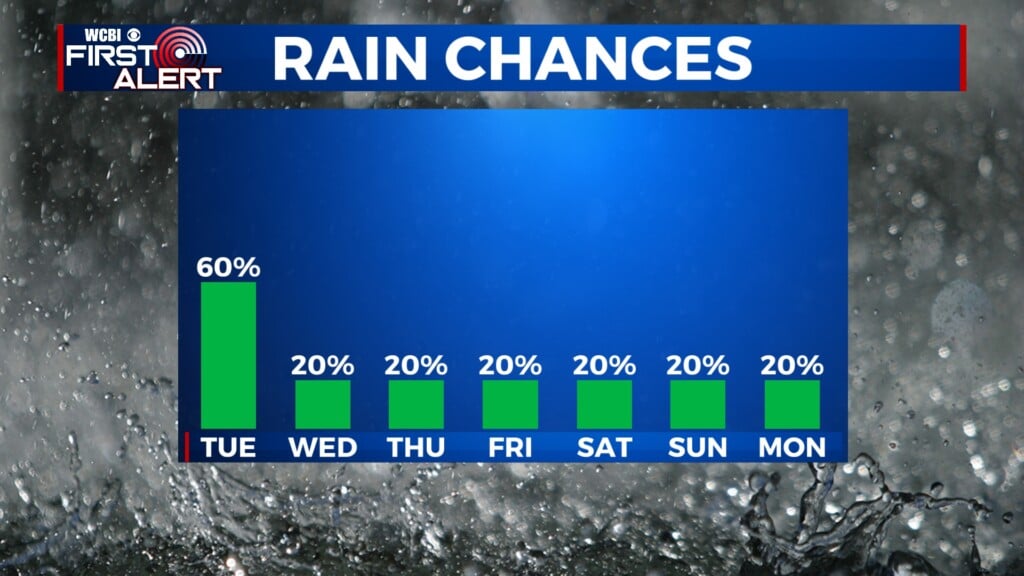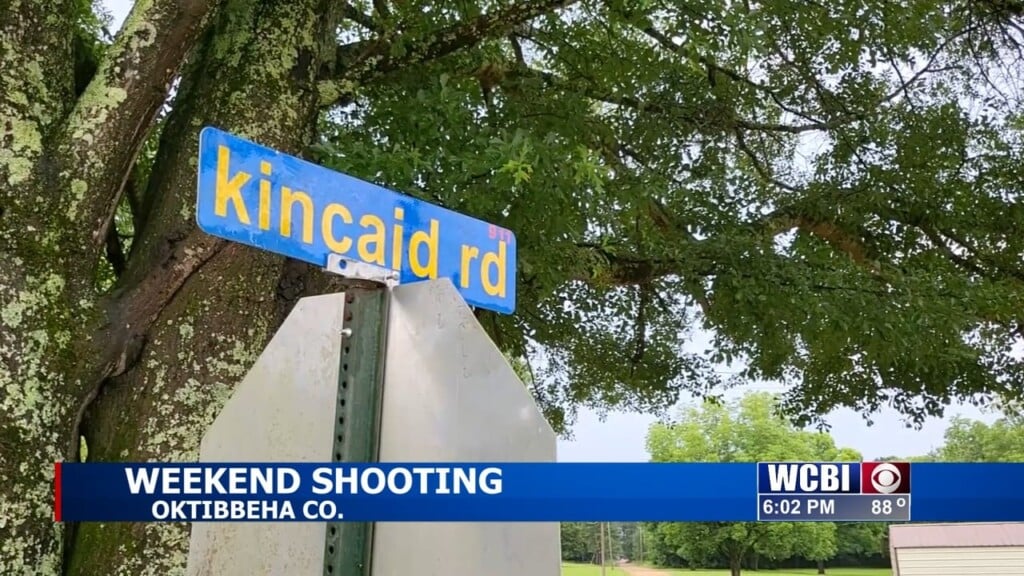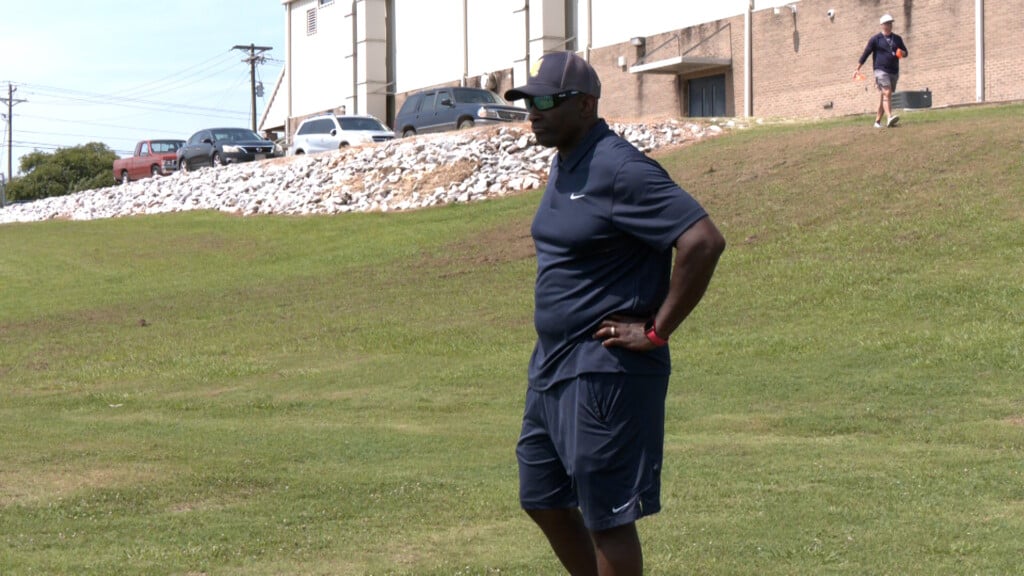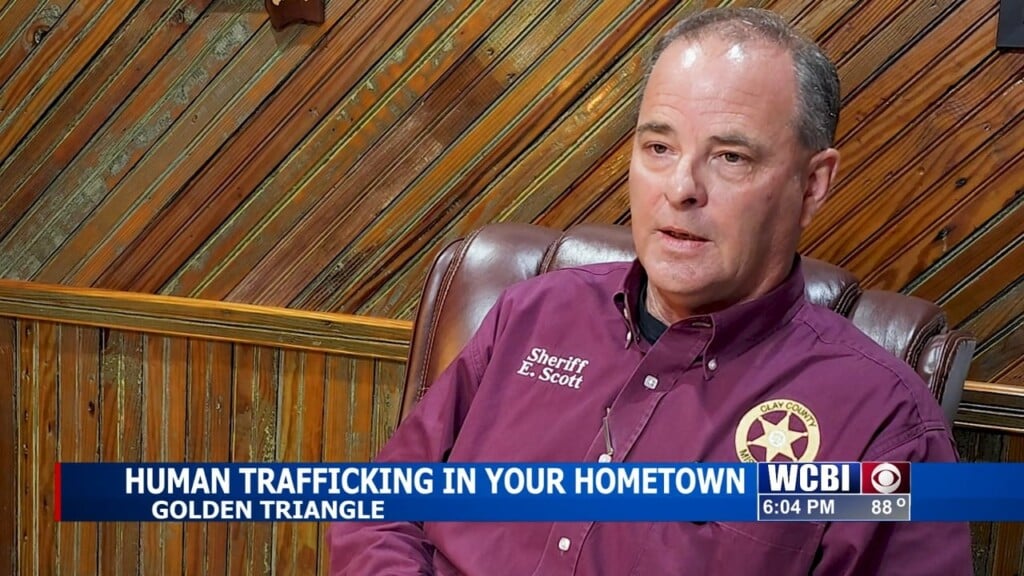Utah officials tell Trump they want to welcome more refugees
Our series A More Perfect Union aims to show that what unites us as Americans is far greater than what divides us. In this installment, we go to a state where Republicans and Democrats are working together to welcome refugees.
President Donald Trump has sharply reduced the number of refugees who can legally enter the United States. Next year, the cap will be 18,000, the lowest since Congress established the Refugee Resettlement Program in 1980. The U.S. resettled nearly 85,000 refugees in 2016.
But in heavily Republican Utah, officials have watched the decline in refugee resettlements with alarm and they have a message for Mr. Trump: send us more, not fewer, refugees, reports CBS News correspondent Major Garrett.
Asma Dahir was born in Utah after her mother fled a Kenyan refugee camp with her three kids in 1998. A raging civil war had forced them from their home in Somalia.
“My mom was pregnant with me and my twin sister,” Dahir said. “I would say Utah is the best thing that happened to our family because since we resettled here, we’ve had countless of opportunities.”
Utah is a largely conservative state, but it’s also one of the most refugee friendly. Until Mr. Trump’s election, it welcomed upwards of 1,500 refugees per year. Those numbers are down by two-thirds now.
Jackie Biskupski, the Democratic mayor of Salt Lake, and Michelle Kaufusi, Republican mayor of Provo, disagree on some issues but not this one.
“The refugee piece is really tender and personal to us and it’s an issue of the heart for us in Provo City,” Kaufusi said.
“We are a very red state,” Biskupski said. “But we all agree that Utah should be a welcoming state for refugees.”
“Issues like this are bigger than our partisans and our parties,” Kaufusi added.
In October, Mr. Trump boasted about a new executive order. “No refugees will be resettled in any city or any state without the expressed written consent of that city or that state,” he said.
Weeks later, Utah’s Republican Governor Gary Herbert sent his reply in a letter. “I encourage you to allow us to accept more international refugees in Utah,” he wrote.
Utah’s Republican House Speaker Brad Wilson, who supports Mr. Trump and, like the governor, is Mormon, said the history of the Church of Jesus Christ of Latter Day Saints sustains the state’s commitment to refugee resettlement.
“I can tell you here in Utah, this has never been a partisan issue. … Our state was settled by individuals that were fleeing religious persecution,” he said. “I think it’s just kind of in our DNA.”
“Has Utah ever felt overrun by refugees?” Garrett asked.
“Not that I’m aware of,” Wilson said.
Haymar Janumonya arrived in Utah in 2008. She fled violence in Burma for Thailand when she was 13. She made the journey on foot, she said.
“I have to get to Thailand. We walking,” she said.
Janumonya became a U.S. citizen in 2013 and, helped by a program for aspiring chefs from immigrant and refugee communities, she now owns her own Burmese-Thai restaurant.
“We’re not trying to bring refugees here to take on our low-wage paying jobs either. We are putting them on career paths,” Biskupski said.
“They are some of the most hardworking, dedicated people you’ll ever meet … and that’s what I would hope that President Trump would see,” Kaufusi said.
The mayors also hope Mr. Trump would see what Dahir is doing now. She’s a public health major at Westminster College in Salt Lake City and plans to become a physician assistant. And she volunteers with newly arrived refugees, hoping to pay forward the opportunities she’s had.
“I feel like it’s a cycle where younger folks who were raised in Utah have the ability to become successful and then they want to reciprocate that with future generations,” Dahir said.
States and local communities have until Christmas Day to tell the federal government whether they plan to continue welcoming refugees.





Leave a Reply